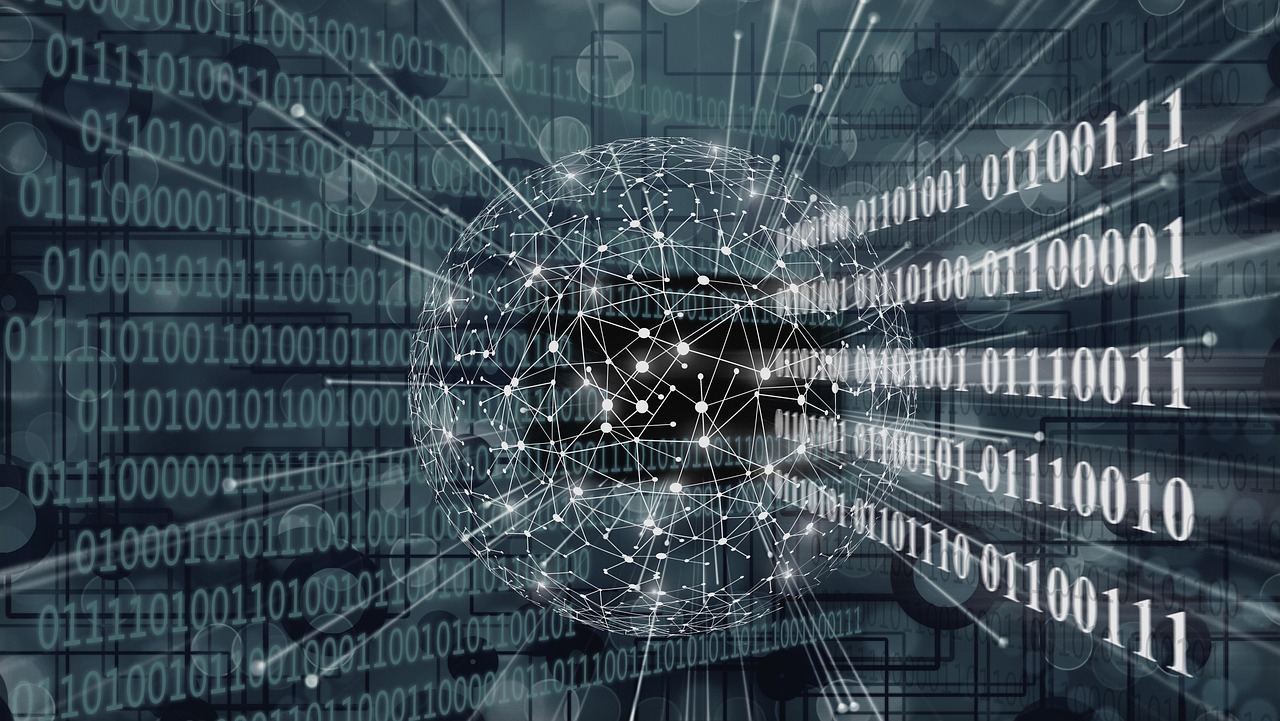Introduction
Artificial Intelligence (AI) is no longer a futuristic concept—it’s reshaping software development right now. From automating repetitive tasks to predicting bugs before they occur, AI is making software development faster, smarter, and more efficient. But how exactly is AI transforming this field? What benefits does it bring, and what challenges must developers overcome? In this article, we’ll explore the profound impact of AI on software development, its key applications, and what the future holds.
How AI is Revolutionizing Software Development
1. Automated Code Generation
One of the most groundbreaking applications of AI in software development is automated code generation. Tools like GitHub Copilot, powered by OpenAI’s Codex, assist developers by suggesting code snippets, completing functions, and even writing entire blocks of code. This not only speeds up development but also reduces human error.
Transition: As a result, developers can focus on complex problem-solving rather than mundane coding tasks.
2. Bug Detection and Debugging
AI-powered tools such as DeepCode and Amazon CodeGuru analyze codebases to detect vulnerabilities, bugs, and performance issues. Machine learning algorithms learn from millions of code repositories to predict where errors might occur, allowing developers to fix them before deployment.
Transition: Consequently, software quality improves, reducing post-release patches and security risks.
3. Enhanced Testing with AI
Traditional software testing is time-consuming, but AI-driven testing tools like Testim and Applitools use machine learning to automate test case generation, execution, and validation. AI can also identify patterns in test failures, helping teams prioritize fixes efficiently.
Transition: Therefore, AI not only accelerates testing but also enhances accuracy.

4. Intelligent Project Management
AI is optimizing project management in software development through tools like Jira (with AI integrations) and ClickUp, which predict project timelines, allocate resources efficiently, and identify potential bottlenecks. Natural Language Processing (NLP) helps in generating reports and automating stand-ups.
Transition: Hence, development teams can streamline workflows and meet deadlines more effectively.
5. Personalized Developer Assistance
AI-powered virtual assistants, such as Tabnine and Kite, provide real-time coding suggestions tailored to a developer’s style. These tools learn from individual coding habits, improving recommendations over time.
Transition: As a result, developers experience a smoother, more intuitive coding process.
Challenges of AI in Software Development
While AI offers immense benefits, it also presents challenges:
- Dependence on Quality Data – AI models require vast amounts of clean, relevant data to function accurately.
- Ethical Concerns – Bias in AI-generated code or decision-making remains a critical issue.
- Job Displacement Fears – Some fear AI will replace developers, though it’s more likely to augment their roles.
Transition: Despite these hurdles, the advantages far outweigh the drawbacks.
The Future of AI in Software Development
The integration of AI in software development is only beginning. Future advancements may include:
- Self-Healing Code – AI that automatically fixes bugs in real-time.
- AI-Driven DevOps – Fully automated CI/CD pipelines with minimal human intervention.
- Enhanced Natural Language Coding – Developers may write code using plain English commands.
Transition: Ultimately, AI will continue to push the boundaries of what’s possible in software engineering.
Conclusion
AI is undeniably transforming software development, making it faster, more efficient, and less error-prone. From automated coding to intelligent debugging, AI tools are empowering developers to innovate like never before. While challenges like data dependency and ethical concerns persist, the future of AI in this field looks incredibly promising.
Final Thought: As AI evolves, developers who embrace these technologies will lead the next wave of digital innovation.
